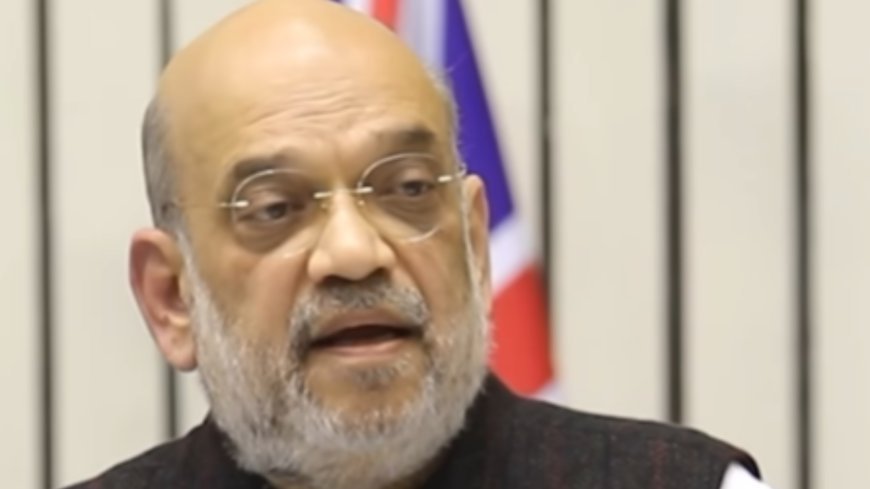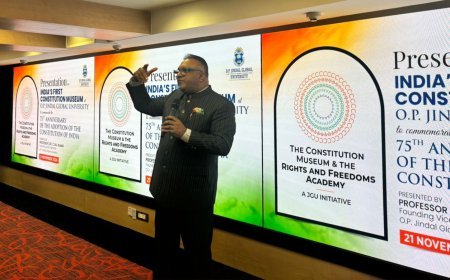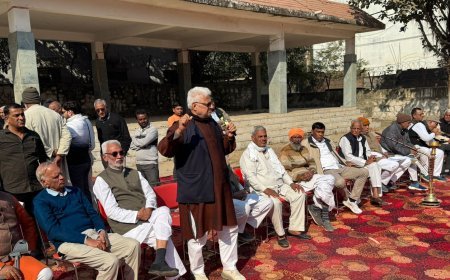Amit Shah Urges Law Enforcement To See Borders As Meeting Points, Not Hindrances, For Solving Crimes
Amit Shah highlighted the importance of implementing three recently-enacted criminal justice laws in India, namely Bharatiya Nyaya Sanhita, Bharatiya Nagarik Suraksha Sanhita, and Bharatiya Sakshya Act.

Union Home Minister Amit Shah emphasized the need for a borderless approach to law enforcement, stating that crimes and criminals do not respect geographical borders. Addressing the Commonwealth Legal Education Association, Shah urged law enforcement agencies to view borders as meeting points for solving crimes rather than hindrances. He noted that in the current scenario where geographical borders are becoming irrelevant for commerce and crime, governments need to adapt and work towards a new system and tradition to address cross-border challenges.
View this post on Instagram
Shah highlighted the importance of implementing three recently-enacted criminal justice laws in India, namely Bharatiya Nyaya Sanhita, Bharatiya Nagarik Suraksha Sanhita, and Bharatiya Sakshya Act. He claimed that these laws would replace colonial-era legislations, making India home to the world's most modern criminal justice systems. The laws aim to provide justice up to the high court level within three years of registering an FIR.
Also Read: Bharat Mobility Global Expo 2024: PM Modi Announces 1,000 Modern Facilities For Highway Drivers
Emphasizing the borderless nature of trade and crime, Shah stated that geographical boundaries are becoming less relevant for both. He stressed the interconnectedness of local and global issues, from small cyber frauds to international terrorism, and called for strengthened law enforcement agencies to control crime and facilitate trade.
Shah also highlighted the necessity of incorporating technology into the justice system, citing the importance of artificial intelligence-based translation processes and the adoption of technology to address cross-border cases. He emphasized the need for a judicial system that aligns with the advancements of the 21st century, citing the three new laws as examples of legislative adaptation to technological progress.
In conclusion, Shah underscored the importance of justice being accessible, affordable, and accountable, not only within the confines of courts but also for the common people across Commonwealth countries and the world. He urged a global effort to tackle 21st-century challenges with modern approaches, acknowledging the deepening connection between various forms of crime on both local and international levels.


















































